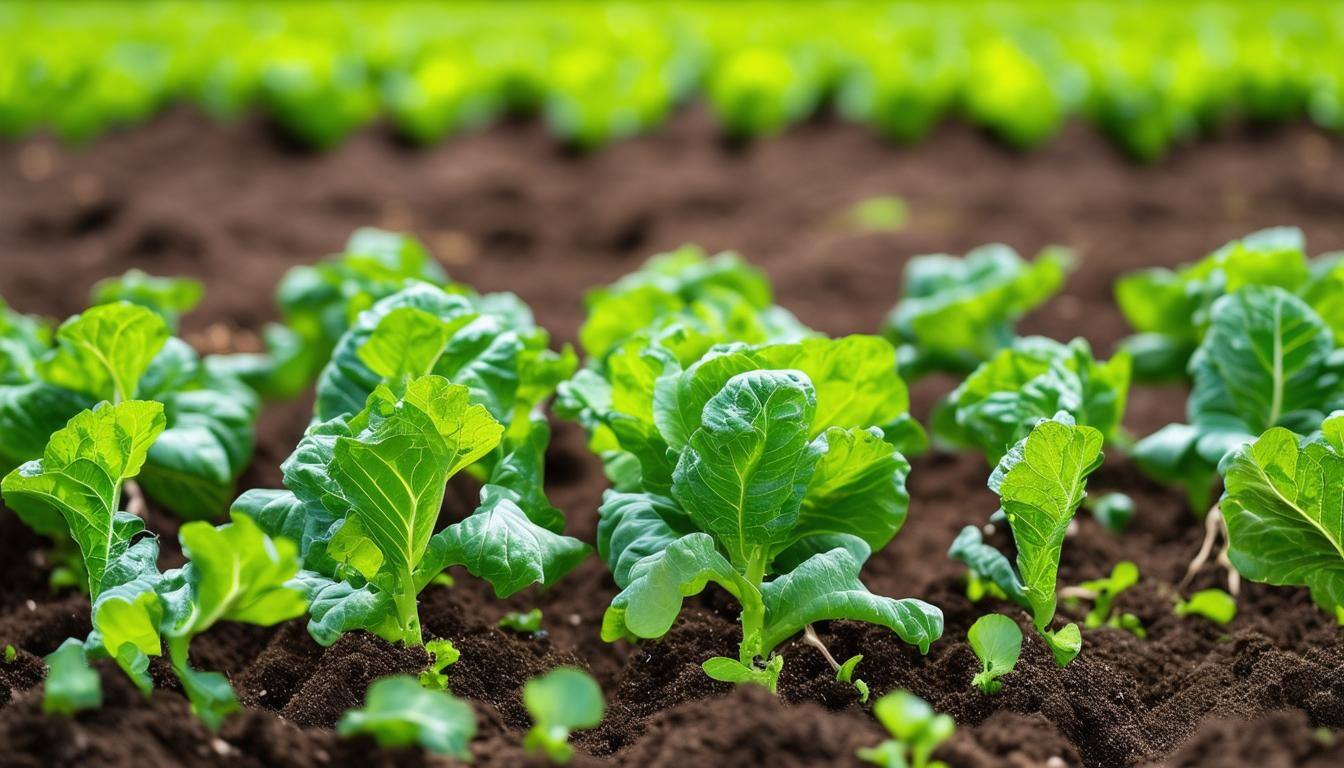The California Certified Organic Farmers (CCOF) certification is a prominent organic certification program that plays a crucial role in the organic agriculture landscape in the United States. Established in 1973, CCOF has been at the forefront of promoting organic practices and ensuring that consumers have access to genuine organic products. This certification is not just a label; it represents a commitment to sustainable agricultural practices, environmental stewardship, and consumer trust.
The Importance of CCOF Certification
Obtaining CCOF (California Certified Organic Farmers) Certification is crucial for farmers and producers aiming to market their products as organic. This certification not only guarantees adherence to organic standards but also complements Food Safety Certification, ensuring that products meet both sustainability and safety requirements. Here are the key benefits of CCOF Certification:
- Consumer Confidence: CCOF certification assures consumers that the products they purchase adhere to strict organic standards, fostering trust in the marketplace.
- Market Access: Many retailers and distributors require CCOF certification as a prerequisite for selling organic products, thus opening up new business opportunities.
- Environmental Impact: By adhering to organic practices, certified producers contribute to soil health, biodiversity, and the reduction of chemical inputs in agriculture.
Eligibility and Application Process
To become CCOF certified, applicants must meet specific eligibility criteria and navigate a comprehensive application process. Here’s an overview of the steps involved:
- Determine Eligibility: Applicants must ensure their operations align with USDA organic regulations and CCOF standards, which encompass a range of agricultural and processing practices.
- Complete an Application: The application form requires detailed information about the operation, including the types of products produced, farming methods, and any substances used in the production process.
- Develop an Organic System Plan (OSP): This plan outlines the methods and practices that will be employed to maintain organic integrity. It is crucial for demonstrating compliance with organic standards.
- Inspection: A CCOF inspector will conduct an on-site evaluation to verify compliance with the organic standards outlined in the OSP. This includes reviewing records, observing practices, and inspecting facilities.
- Certification Decision: After the inspection, CCOF will review the findings and make a certification decision. If approved, the operation will receive a certificate and be listed on the CCOF certified database.
Maintaining CCOF Certification
Once certified, maintaining CCOF certification requires ongoing compliance with organic standards. Producers must adhere to the following practices:
- Annual Renewals: Certification is not permanent. Farmers must reapply annually, including submitting updated documentation and undergoing another inspection.
- Record Keeping: Detailed records of all farming activities, inputs, and sales must be maintained to demonstrate compliance during inspections.
- Compliance with Updates: CCOF and USDA regulations can evolve. Certified operations must stay informed about any changes and adapt their practices accordingly.
Benefits of CCOF Certification
The advantages of being CCOF certified extend beyond compliance. These include:
- Increased Market Opportunities: Certified producers can leverage their organic status to access premium markets and pricing.
- Enhanced Brand Recognition: CCOF certification serves as a powerful marketing tool, differentiating products in a competitive marketplace.
- Educational Resources: CCOF provides its members with access to a wealth of resources, including workshops, publications, and networking opportunities that support best practices in organic farming.
Challenges in Achieving and Maintaining Certification
While CCOF certification offers numerous benefits, the process can present challenges:
- Cost: The certification process involves fees for application, annual renewals, and inspections, which can be a barrier, especially for small-scale farmers.
- Complexity: Navigating the regulations and requirements can be daunting, necessitating a thorough understanding of organic standards and practices.
- Time-Consuming: The preparation of documentation and adherence to the guidelines can require significant time and effort, possibly diverting focus from other important aspects of the business.
Conclusion
CCOF certification is a vital component of the organic agriculture sector, providing farmers and producers with the means to validate their commitment to sustainable practices while enhancing consumer trust. By understanding the certification process, maintaining compliance, and harnessing the benefits it brings, producers can thrive in the growing organic market. As consumer demand for organic products continues to rise, CCOF certification remains a key asset for those looking to make a positive impact on both their business and the environment.





.webp?width=1644&height=1254&name=Food%20Safety%20Dashboard%201%20(1).webp)
